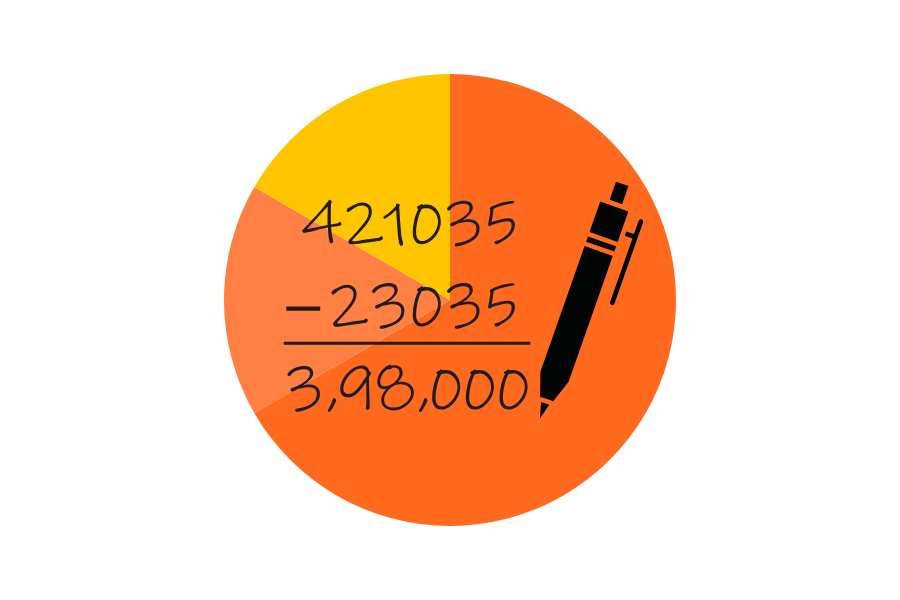Applying for a Dormant Company
In Singapore’s corporate landscape, the concept of a dormant company plays a crucial role for businesses that temporarily halt operations or have no active trading. Understanding the process and requirements for applying as a dormant company can streamline administrative tasks and alleviate unnecessary burdens.
What Defines a Dormant Company?
In Singapore, both ACRA and IRAS oversee the designation of Dormant status for companies, each with its own set of criteria and definitions.
1. ACRA’s definition of a dormant company: A dormant company in Singapore is a registered entity that is inactive in terms of revenue generation or trading activities such as:
- Any accounting transactions
- Selling and buying goods
- Selling assets
- Issuing dividends to shareholders
- Borrowing funds from lenders
- Paying directors’ salaries
A company will no longer be considered dormant once such transactions occur.
However, your company will retain its dormant status if a transaction arises from any of the following actions:
- Taking of shares as per the memorandum’s terms.
- Appointment of company secretary
- Engagement of an auditor
- Maintenance of a registered office
- Maintenance of company registers and financial records.
- Payment of statutory fees and charges as mandated by law.
- Payment of any composition amount
- Occurrence of transactions involving nominal sums, not exceeding S$5,000.
2. IRAS’s definition of a dormant company: No financial transactions, income generation, or expenses exceeding statutory fees over a 12-month period.
For instance, if your company remained inactive and generated no income in 2023, IRAS will classify it classified as a dormant company for the Year of Assessment (YA) 2024.
How Does It Differ from Closing a Company?
Closing a company entails terminating all operations and winding up affairs permanently. Conversely, opting for dormancy allows companies to retain their legal entity status without the commitment of ongoing business activities.
Applying to Become a Dormant Company
To initiate the process of becoming dormant, companies must adhere to specific guidelines set forth by IRAS and ACRA. Key steps include:
- Notification to Authorities: Notify both IRAS and ACRA by ensuring compliance with annual filings and meeting the respective requirements for dormancy.
- Compliance Check: Ensure your company meets the stringent criteria outlined by IRAS and ACRA to qualify as dormant.
Counto offers comprehensive support to ensure seamless compliance and streamlined processes for dormant companies in Singapore. Get in touch.
Filing Obligations for Dormant Companies
Despite dormancy, companies are required to fulfil certain reporting obligations, including:
- Tax Return: Even in the absence of income, a dormant company is required to submit its Corporate Income Tax Return (Form C-S/ Form C-S (Lite)/ Form C) to IRAS by November 30 each year, unless exempted.
- Annual Filings: Fulfilling corporate secretary requirements and providing management reports, such as balance sheets and profit and loss statements.
Dormant Companies with Corporate Shareholders
Dormant companies with corporate shareholders are subject to additional filing requirements, including full financial statements and XBRL submission.
Creating a Dormant Company in Singapore
Incorporating a dormant company follows standard procedures, with dormancy status determined based on subsequent business activities. A dormant status offers advantages due to reduced filing obligations.
What Actions Should I Take When Resuming Business Activities?
Upon deciding to resume operations or generate income, companies must promptly inform IRAS within one month from the commencement date, and fulfill its tax obligations.
Common FAQs
Q1: Should I strike off my company or keep it dormant?
A: Dissolving your company is usually suitable when there is little likelihood of needing it in the future. Conversely, maintaining a dormant status for the company is advisable if there is a possibility of utilising it later on. This approach helps avoid the time and expense associated with reincorporating a new company down the line.
Q2: What happens if my dormant company resumes activities?
A: A dormant company’s status is temporary. When the company resumes activities, it must begin submitting financial statements and adhere to filing Annual Returns and Corporate Tax Returns as an active entity.
Q3: My company is dormant but is GST-registered. Can I still apply for a waiver to file Form C-S/ Form C-S (Lite)/ Form C?
A: Your company needs to cancel its GST registration before applying for a waiver to file Form C-S/ Form C-S (Lite)/ Form C.
Q4: My company is newly incorporated and has been dormant since incorporation. Is it possible to request a waiver for filing Form C-S/ Form C-S (Lite)/ Form C?
A: Certainly, your company is eligible to apply for a waiver if it is anticipated to remain dormant for the subsequent 2 years.
Q5: Does a dormant unlisted company, exempted from preparing financial statements, remain obligated to conduct an annual general meeting (AGM)?
A: Yes, an AGM is still required. However, for private companies, they may opt out of holding an AGM if no additional resolutions need to be addressed.
Q6: Is it possible for an insolvent dormant company to receive an exemption from preparing financial statements?
A: Yes, an insolvent dormant company can be exempted if it is unlisted, not a subsidiary or affiliated with a listed company, and its total assets do not exceed S$500,000.
Q7: Can my dormant company still have a bank account?
A: Certainly, a dormant company incorporated in Singapore remains eligible to hold a bank account provided it refrains from engaging in any business operations.
Q8: How long can a company be dormant?
A: A company can maintain its dormant status as long as it refrains from conducting any business activities. Nevertheless, it’s prudent to ensure the business fulfills its requisite obligations with both ACRA and IRAS.
Summary
Understanding the nuances of dormancy is essential for companies seeking to manage their legal obligations while temporarily halting operations. With Counto’s expert guidance and support, navigating the complexities of dormant company status becomes a straightforward endeavour, allowing businesses to focus on their long-term objectives.
Get in touch
Counto’s mission is to take care of the complexities of compliance, and save you time and money throughout the year. Speak to us directly on our chatbot, email us at [email protected], or contact us using this form.
Here are some articles you might find helpful:







